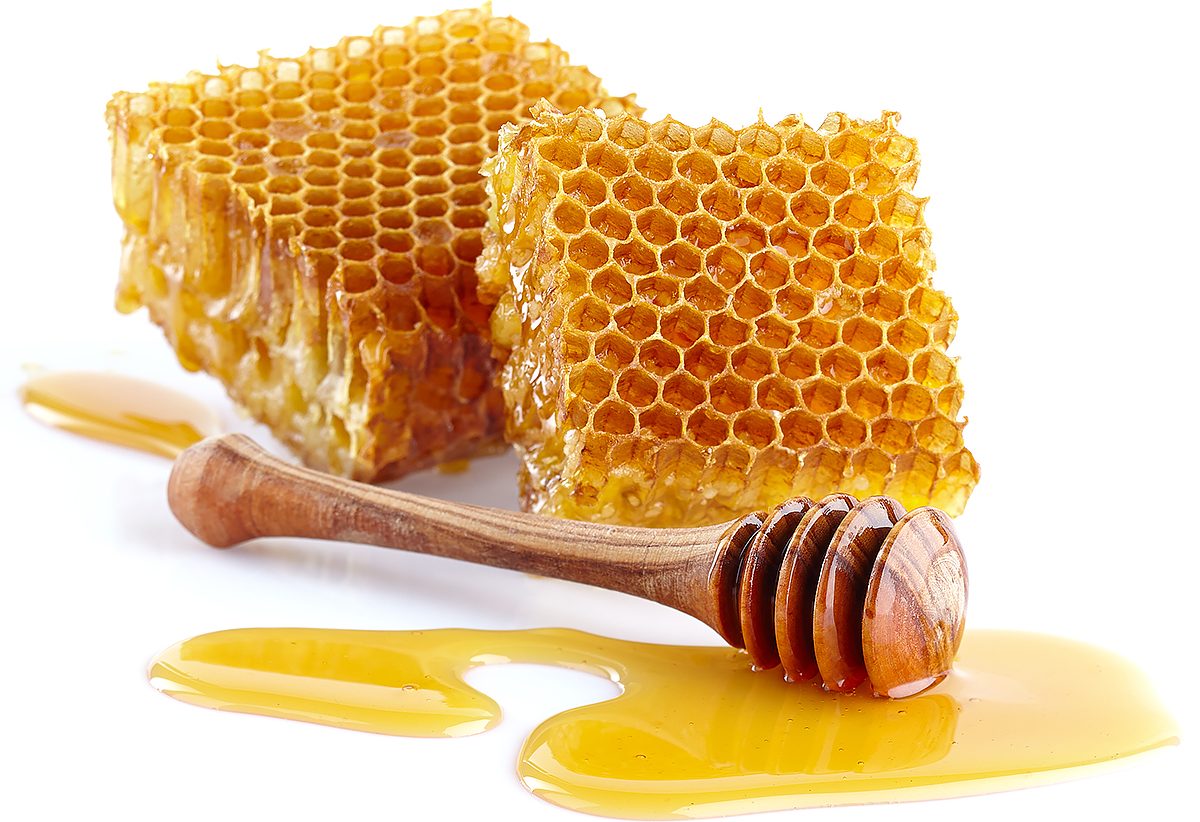Let's Bee honeyful!

Key benefits of honey
Research on honey for specific conditions includes: Cardiovascular disease. Antioxidants in honey might be associated with reduced risk of heart disease. Cough. Studies suggest that eucalyptus honey, citrus honey and labiatae honey can act as a reliable cough suppressant for some people with upper respiratory infections and acute nighttime cough. Gastrointestinal disease. Evidence suggests honey might help relieve gastrointestinal tract conditions such as diarrhea associated with gastroenteritis. Honey might also be effective as part of oral rehydration therapy. Neurological disease. Studies suggest that honey might offer antidepressant, anticonvulsant and anti-anxiety benefits. In some studies, honey has been shown to help prevent memory disorders. Wound care. Topical use of medical-grade honey has been shown to promote wound healing, particularly in burns. Honey is likely safe for use as a natural sweetener, cough suppressant, and topical product for minor sores and wounds. Avoid giving honey — even a tiny taste — to babies under the age of 1 year. Honey can cause a rare but serious gastrointestinal condition (infant botulism) caused by exposure to Clostridium botulinum spores. Bacteria from the spores can grow and multiply in a baby's intestines, producing a dangerous toxin.
Learn more: